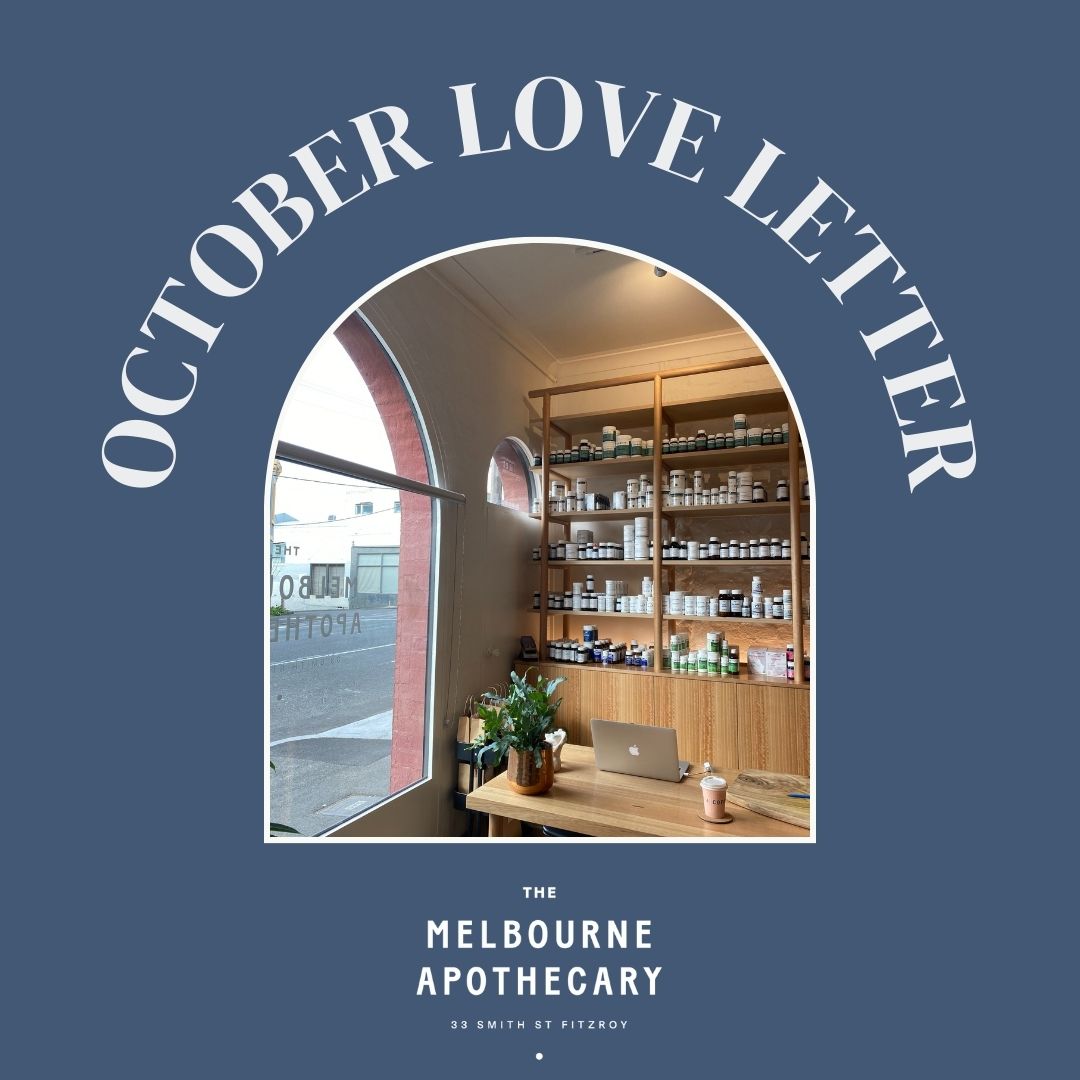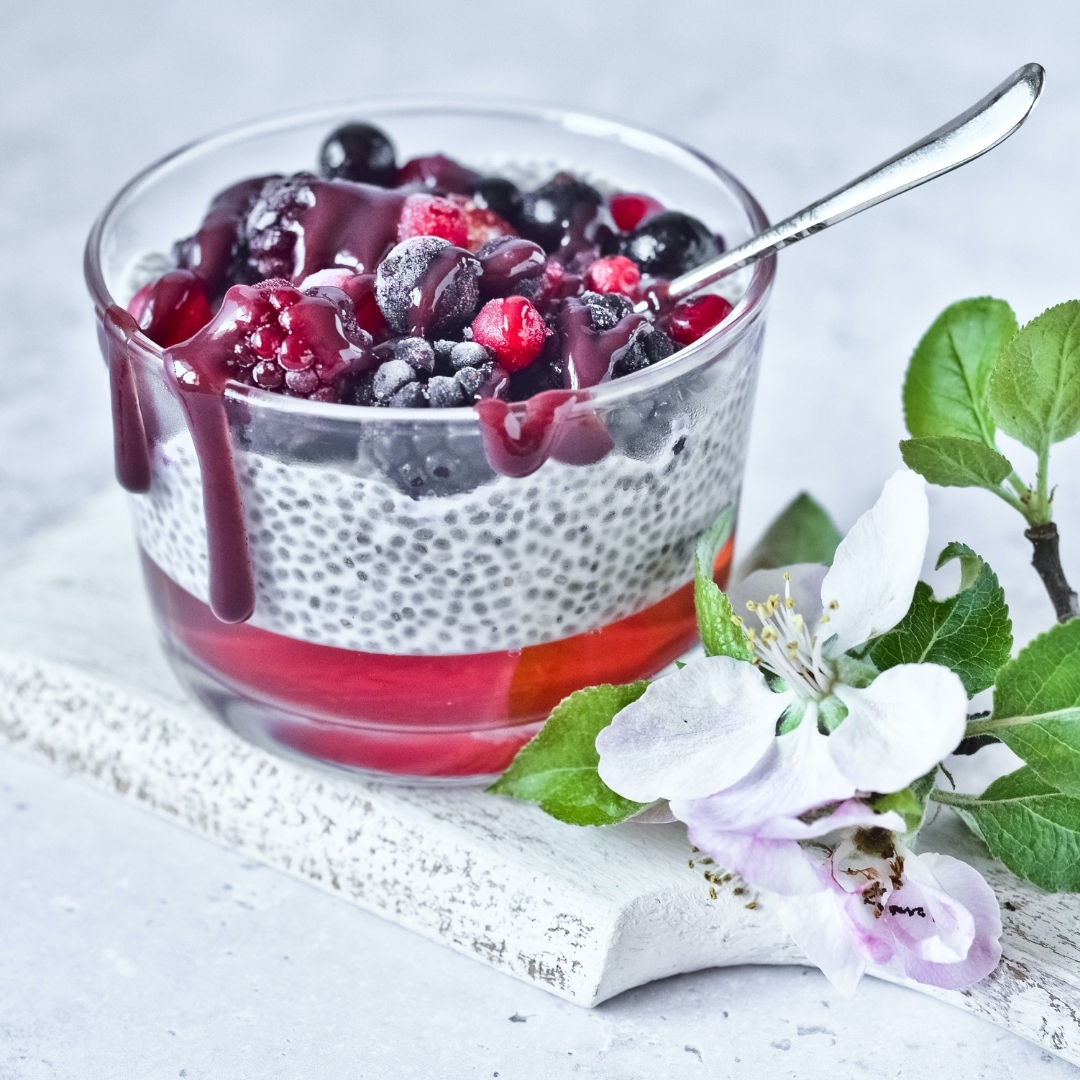
As you’ve probably already learned, your diet has everything to do with your fertility. Let’s explore more about why your blood-sugar levels matter. It is well established that irregular blood-sugar, insulin resistance and diabetes have a negative effect on fertility outcomes for all involved so it is very important that we address this head on.
How to Identify if you have Blood-Sugar Issues
Many of us have trouble with blood-sugar levels without really knowing it, and these can cause physiological problems well before your test results will lead your doctor to inform you that you are at risk of developing diabetes. Once you get to this stage, you’re well down the path of disease development.
You are likely to be pre-disposed to blood-sugar problems if you have:
- A family history of Type 2 diabetes.
- PCOS.
- Experienced gestational diabetes with a previous pregnancy.
You are likely to be struggling to control your blood-sugar levels if you suffer from any of the following:
- Eat a predominantly carbohydrate diet.
- Have energy slumps in the afternoon.
- Get regular headaches.
- Crave sugary foods, cordial or fizzy drinks, chocolate or carbs.
- Have energy drinks, colas or coffee to give you a lift.
- Easily become ‘hangry’ (angry when you’re hungry), shaky, or faint.
- Faint or foggy-brained.
- Have an ‘apple’-shaped body
How to Blood-Sugar Issues Affect My Fertility?
Blood-sugar issues not only lead to an increased risk of obesity, Type 2 diabetes, cardiovascular disease, dementia and some cancers, your blood-sugar is directly related to many causes for suboptimal reproductive health and infertility as well. There are a number of ways your blood-sugar can create problems with your fertility including impacting your hormonal imbalance and creating inflammation. The good news is that this is totally within your control! What you put in your mouth dictates what happens to your blood-sugar levels on a biochemical level.
Carrying extra weight negatively affects your fertility. In fact, one of the main suspected causes of impaired fertility related to weight is the underlying issue of insulin resistance, affecting hormone expression and inflammation. This can lead to compromised ovulation and egg quality, and impaired sperm production. Not only will managing your blood-glucose levels through diet and exercise help you to lose the extra kilograms but getting your blood-sugar and insulin sensitivity under control will improve your hormones and fertility.
But don’t be fooled into thinking that just because you’re not overweight that your blood-sugar is spot on. If you tend to crave sweet, sugary or carbohydrate-rich foods, get shaky or irritable if you are late eating or miss a meal then this is still highly relevant for you.
Do I have blood-sugar issues if I only get sugar cravings before my period?
Many people experience a particular increase in cravings for sugar and chocolate when they are pre-menstrual. Of course, hormones play a role here, and following our advice on balancing your hormones usually helps with these premenstrual sugar cravings. But just as importantly, managing your blood sugar fluctuations by following the dietary recommendations here will also help to improve your premenstrual symptoms, plus benefit your early pregnancy outcomes should you happen to have conceived in that cycle.
Sugar and stress
Eating excess sugars and refined carbohydrates can also contribute to higher stress levels. Blood-sugar spikes trigger your adrenal glands to produce higher levels of cortisol, the body’s primary stress hormone. A common experience when ‘quitting sugar’ is one of improved stress tolerance and relaxation, plus broader benefits such as concentration and productivity. Higher levels of cortisol can adversely impact your fertility, so breaking the sugar habit is crucial in improving your fertility when you have blood-sugar issues.
Polycystic Ovarian Syndrome (PCOS)
Some people with weight problems and insulin-resistance issues find they are diagnosed with Polycystic Ovarian Syndrome, or PCOS. This is the most common endocrine disorder affecting female fertility, with 8-13% of women of reproductive age having the syndrome. (1) It seems to have a significant genetic component, and you are likely to find your mother, sisters, aunts or cousins have similar symptoms, or that you have a family history of Type 2 diabetes. But there is no need to despair if you’ve been diagnosed. Successful management of PCOS is something we regularly achieve in our practice, very often resulting in improvements in symptoms and successful pregnancy within months of treatment.
Common symptoms of PCOS include long or absent menstrual cycles, acne, male-pattern hair growth, weight gain especially around the abdomen and upper body (the apple shape), and a tendency to crave sugar and carbohydrate-heavy foods. PCOS is diagnosed via ultrasound to confirm the presence of multiple cysts on the ovaries, taking a patient history to determine irregular or absent periods and related hormonal signs and symptoms, and blood tests to confirm high testosterone (or symptoms like acne and hirsutism). You only need two out of these three criteria to be diagnosed with PCOS – you don’t have to have multiple cysts on the ovaries to have PCOS.(2)
Being a ‘syndrome’ rather than a ‘disease’, symptoms and test results vary from person to person. It is not uncommon for someone thin with irregular cycles to be diagnosed with PCOS, or for someone with irregular cycles and multiple cysts to show normal blood-glucose and hormone levels. Clinically, we often find these people present with some of the other secondary symptoms (hair growth, acne), and respond well to breaking their sugar addiction with a low carbohydrate diet. These individuals are often told they have polycystic ovaries, but without the syndrome (PCO).
It’s important to remember that every person with multiple cysts and ovulation problems can have a different presentation, and it is unlikely you would have all the signs and symptoms commonly listed.
The signs and symptoms of PCOS
- Infrequent ovulation and irregular, prolonged or absent menstrual cycles.
- Subfertility and fertility issues.
- Weight gain, especially associated with abdominal fat deposition, but just as often under or normal weight women can present with PCOS. Weight and body shape changes after stopping the oral contraceptive pill are common.
- Excess dark body hair around the nipple, chest, belly, chin and upper lip.
- Hormonal acne.
- Poor blood-glucose control with frequent cravings for carbohydrates and sugary foods.
What makes a person susceptible to PCOS?
Unfortunately, you may feel as if your biology is working against you. PCOS is more likely if you have a family history of Type 2 diabetes or if your mother had gestational diabetes when she was pregnant with you. You are also at increased risk of developing gestational diabetes once pregnant and Type 2 diabetes later in life. But it’s important to remember that you have some control of your health outcomes at the end of the day. The tools available to you to learn to help manage your PCOS symptoms and improve your fertility will also benefit your health long term and reduce your risk of developing disease later in life.
For more information or to get help managing PCOS generally, or for fertility and / or pregnancy care
Book your naturopathic appointment
Buy a gift voucher for someone you care about
References
- Teede HJ, Misso ML, Costello MF, et al. Recommendations from the international evidence-based guideline for the assessment and management of polycystic ovary syndrome. Hum Reprod. 2018;33(9):1602-1618. doi:10.1093/humrep/dey256.
- Fritz MA, Speroff L. Clinical Gynecologic Endocrinology and Infertility. 8th edn. Philadelphia: Wolters Kluwer Health/Lippincott Williams
& Wilkins; 2011.











